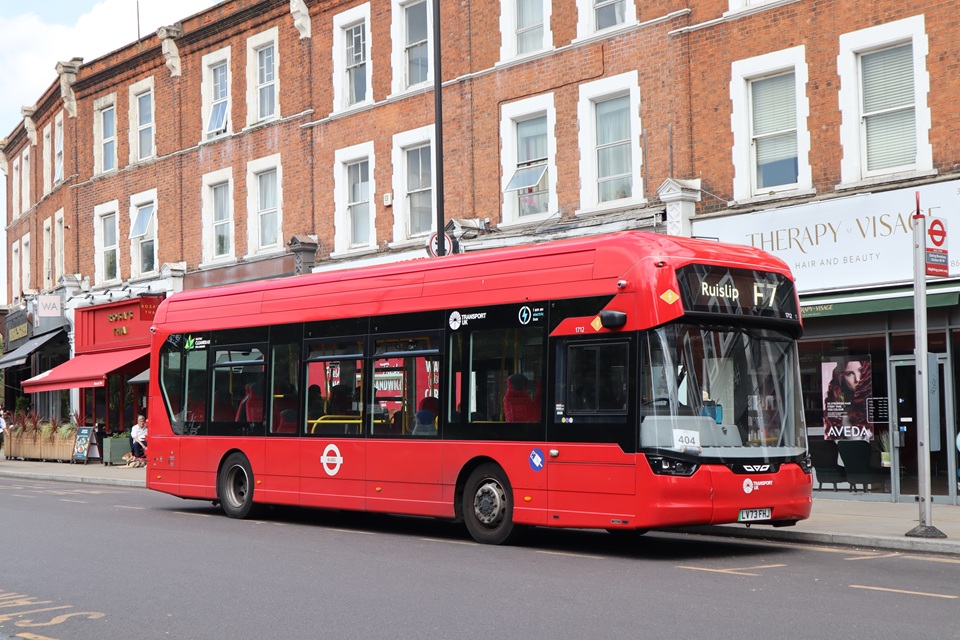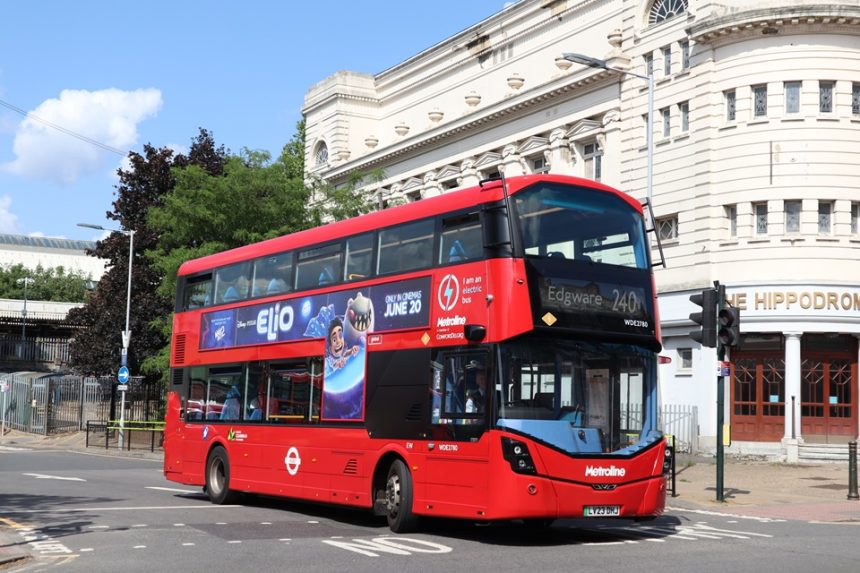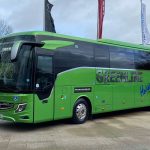London’s red buses have become a symbol of the city’s global success. Britain’s capital has one of the best-connected bus networks in the world, with its fleet travelling almost 300 million miles per year.
Mayor Sadiq Khan has an ambitious goal of a fully zero-emission bus fleet by 2030. The capital is already well on the way to doing that. Increasing from just 30 electric buses in 2016 to more than 2,000 today, it now has the largest zero-emission bus fleet in Western Europe.
Two in every nine of London’s buses are electric – more than 20% of the entire fleet. However, pressure on the city’s spending and its overall transport budget will make continuing that shift more difficult.
Expansion of the London electric bus fleet has already led to an improvement in the capital’s air quality in recent years. That would accelerate with a more towards a fully zero-emission fleet – an outcome Sir Sadiq is aiming to achieve.
In addition to improving air quality, electric buses also present a critical opportunity to drive down operating costs. A report by Zenobē found that a zero-emission bus can be up to £120,000 cheaper over its lifetime than a diesel counterpart.
That saving comes from lower energy costs and maintenance expenses due to innovations in battery and charging technologies. With the pressure facing City Hall regarding public spending, this transition presents a huge opportunity.
Transport for London (TfL) oversees the fares, routes and timetables of bus services, as well as awarding contracts to operators to run them, including the purchase of leasing of vehicles. Operators run on tight margins and work closely with TfL on net-zero goals.

To meet Sir Sadiq’s net-zero bus goal, TfL and operators need financial solutions to unlock greener fleets and the resulting lifetime savings while also overcoming the challenge of high up-front costs for electric buses.
The primary solution on the table is a public-private financing model. Operators avoid high up-front costs by leasing electric buses and charging infrastructure. In partnership with companies like Zenobē, they also receive maintenance and energy management support, allowing them to focus on delivering quality customer service.
Use of public-private finance should not be confined to London. Local transport authorities and Mayoral Combined Authorities across the UK can look to the capital and its success in using public-private financing as a tool to unlock their own fleet electrification ambitions.
Zenobē’s research has shown that we have reached the tipping point for leasing electric buses. While the monthly cost of leasing an electric bus is higher, that is offset by the lower running and maintenance costs that the operator sees the benefits of from day one.
London is a global leader in bus electrification. But it can still draw valuable lessons from other cities, particularly in leveraging public-private financing models.
Earlier in June, the city of Brampton in Ontario, Canada, launched a CA$4 billion public-private partnership with Zenobē to deploy 1,000 electric buses over 10 years. This example shows how collaboration between public and private sectors and strong leadership from cities can fast-track zero-emission goals.
Unlocking the full potential for electrification requires bold public-private financing. Embracing this model can not only accelerate the rollout of zero-emission buses across London and the rest of the UK but also capture long-term cost savings that operators can reinvest in their services.


























